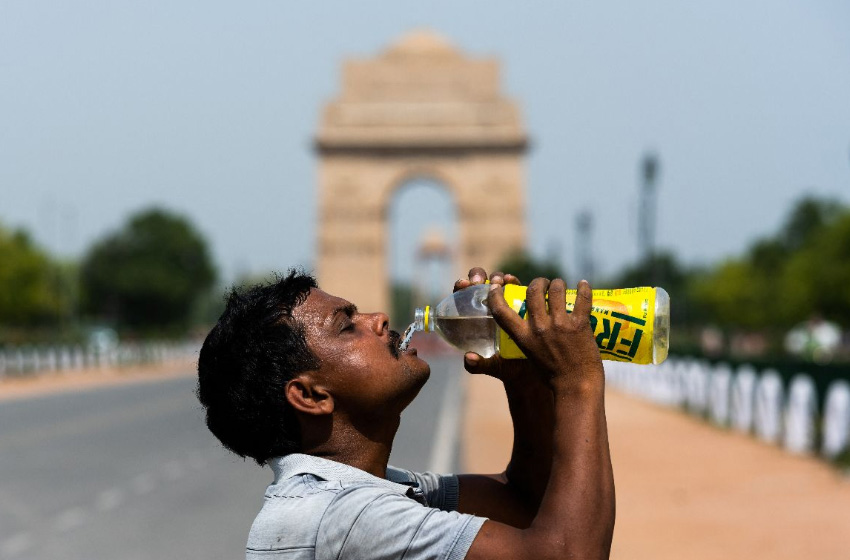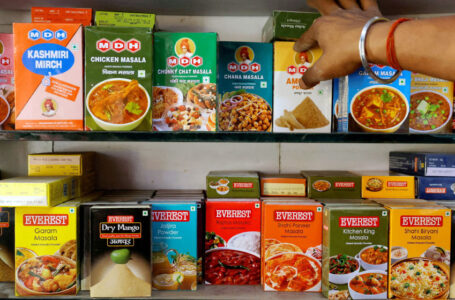Delhi’s Sweltering Summer – Extreme Heat and Water Woes

As temperatures in Delhi soar past 52 degrees Celsius, the city faces not just a meteorological extreme but a severe water crisis that exacerbates the struggles of its residents. This summer, the capital of India is grappling with unprecedented heat waves coupled with acute water shortages, highlighting a dual challenge that underscores broader environmental and infrastructural issues.
Delhi’s scorching temperatures have triggered a red alert, urging citizens to take extreme care, especially for the vulnerable. Such heat intensifies the city’s already dire water scarcity, a perennial issue fuelled by population growth, insufficient rainfall, and outdated water management systems. The situation is critical in summer when the demand for water peaks, often outstripping the supply.
This year, water shortages are more pronounced due to inadequate monsoon rains. Residents in many areas depend on erratic water supply from tankers, which are insufficient and a source of distress among the populace. Long queues for water and disputes at public taps have become a common sight in various parts of the city, portraying the grim reality of water access in a megacity home to over 30 million people.
The Delhi government has been addressing these challenges through various initiatives to improve water distribution and advance storage capacity. However, the effectiveness of these measures is yet to meet the growing demand fully. The administration is also pushing for more sustainable water use and urging residents to adopt water conservation practices.
Amidst this crisis, the broader implications for health, sanitation, and urban planning are stark. Prolonged exposure to intense heat without adequate hydration increases health risks, including heatstroke and dehydration, particularly among the elderly and children. Moreover, water scarcity complicates hygiene practices, which are essential for preventing disease outbreaks, especially critical in the wake of the COVID-19 pandemic.
As Delhi endures one of its toughest summers, the immediate focus is on mitigating the current crisis. However, this situation also serves as a stark reminder of the need for comprehensive and long-term strategies to combat the impacts of extreme weather patterns and ensure water security. The city’s struggle highlights the urgent need for sustainable solutions that address the realities of climate change, urbanisation, and resource management.







